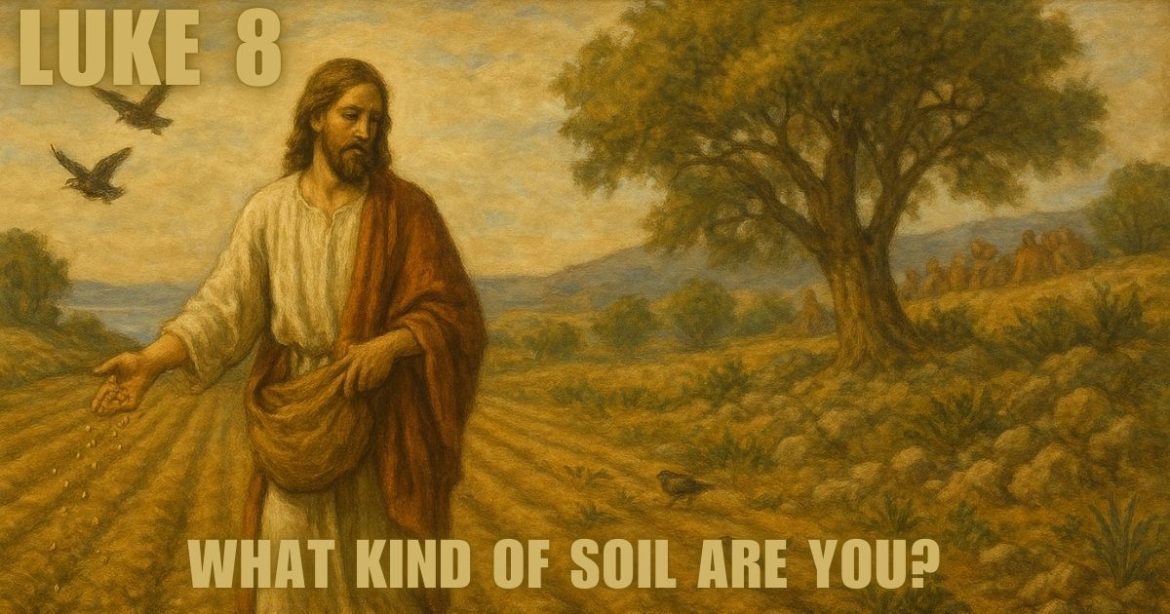As we delve further into the implications of Luke 8, it’s worth noting the profound layers of meaning behind each miracle and parable Jesus presents. These stories are not merely historical accounts; they are living lessons that continue to resonate with believers and seekers of spiritual truth.
The Impact of Parables
The parables of Jesus, such as the sower and the lamp under a bed, are crafted to teach about the Kingdom of God in ways that are relatable and thought-provoking. The parable of the sower, in particular, invites us to reflect on the state of our own spiritual ‘soil.’ It compels us to ask ourselves: Are we like the path, rocky ground, thorns, or good soil? This self-examination is crucial for anyone on a spiritual journey, as it challenges us to cultivate a heart that is open and receptive to spiritual truths.
The lamp parable further extends this metaphor to our role as bearers of light. In a world that often feels shrouded in darkness, the call to not hide our light but to set it on a stand for all to see is incredibly relevant. This teaches us about the responsibility of sharing our faith and knowledge, illuminating the paths of others with our actions and words.
Miracles as Expressions of Divine Compassion
The miracles performed by Jesus are central to Luke 8 and speak volumes about his divine authority and compassion. For instance, calming the storm not only showcases his command over nature but also metaphorically reassures us that amidst the turbulent seas of life, faith in him provides peace and safety.
Similarly, the healing of the woman with the blood disorder and the resurrection of Jairus’ daughter highlight his sensitivity to human suffering and his power over life and death. These miracles are not just proofs of divine power; they are assurances of his willingness to intervene in our lives in the most personal and profound ways.
Community
Another key aspect of Luke 8 is the emphasis on community of many different people. Jesus’ teachings and miracles were accessible to everyone—from the elite in Herod’s court to the most marginalized individuals like the women who followed him. This inclusivity is a fundamental principle for building a community based unconditional love.
Reflections
For today’s readers, Luke 8 offers a rich tapestry of lessons about faith, resilience, and community. It challenges us to be proactive in our spiritual growth, to extend compassion to others, and to live out our faith authentically and openly. It encourages us to be part of a community that values and upholds these ideals, striving for an improvement that mirrors the teachings of Jesus.
Conclusion
Luke 8 is not just a chapter in a holy book; it is a guide to living a life full of faith, hope, and love. It challenges us to look inward, reach outward, and move forward with a faith that transforms. As we reflect on these timeless lessons, let us strive to be the fertile soil in which the seeds of divine wisdom can grow and flourish, and let our lives be a testament to the light we are called to share.

